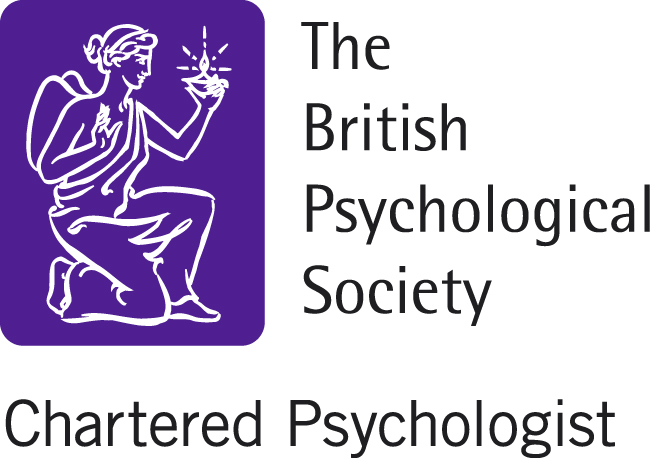Frequently asked questions
Click on the questions below:
What do I do if my child is in crisis/having an emergency and I feel they are unsafe?
If you feel unable to keep your child safe and free from harm you should consider reporting to the emergency care centre at your nearest hospital.
How does therapy work?
Child psychology focuses on providing strategies for both the child or young person and their environment (parents, carers, school, etc) to be able to overcome those situations that generate discomfort or conflict, in addition to promoting healthy psychological development.
At the beginning of therapy, an assessment will be carried out that will typically involve the parents, carers, teachers and the child themselves. Once the assessment has been completed a detailed explanation of the child’s difficulties will be suggested and this can involve both parents and the child depending on their age. The assessment will inform a treatment plan that will typically involve sessions with parents/carer, the child as well as joint sessions with both present. Where young children are involved sessions will nearly always be attended by the parent/carer. At the end of treatment a closing report will be completed outlining what has taken place and what positive progress has been made.
What is the difference between a psychiatrist and a psychologist?
Psychiatrists are professionals who have studied medicine whereas psychologists have studied psychology with a clinical or forensic speciality. A psychiatrist typically focuses on biological and physiological aspects of a child’s difficulties and will often prescribe medication to assist with this. A psychologist, on the other hand, will focus on the biological, psychological and sociological origins of the child’s difficulties and is not trained to prescribe medication.
Can a psychologist help my child even if they do not want to be helped?
It is somewhat normal for your child to not ask for or agree that they need help. Sometimes they will not even be aware of their difficulties. A child’s motivation to engage in psychological therapy can vary greatly and is sometimes helped by them having a better understanding of what attending therapy will be like. It is often beneficial to encourage them to come and meet the psychologist and to learn more about what the support will look like and also to be able to ask any questions they might have.
Do I need my GP to make a referral or can I refer myself?
No, you do not require a GP or other professional to make a referral for you or your child to be seen by a psychologist. You can simply call the number on this website or complete the information request form and an initial appointment will be scheduled for you.
What safety measures are in place in relation to Covid-19?
Clinical Forensic Psychology is closely monitoring the COVID-19 situation and have put strict health and safety measures in place that follow Public Health England (PHE) and British Psychological Society (BPS) guidelines to ensure the safety of patients and staff.
You are asked not to attend for a face to face appointment if:
You or your child have confirmed OR suspected COVID-19
You or your child have or have had cold or flu-like symptoms in the last seven days
You live with or have been in contact with a person who is: confirmed OR suspected COVID-19 OR has symptoms of the illness
You are considered high-risk and extremely vulnerable
In the case of you not being able to attend a face to face appointment due to issues related to COVID-19, a remote session will be offered and cancellation fees will not apply.
Will I have to attend the therapy sessions or will it just be my child?
No, you do not require a GP or other professional to make a referral for you or your child to be seen by a psychologist. You can simply call the number on this website or complete the information request form and an initial appointment will be scheduled for you.
What do I say to my child about going to see you?
Often, a child may be understandably reluctant to go to see a complete stranger knowing that the reason they are doing this is because they are struggling with something. My advice is to explain to them that they are going to meet with someone who specialises in helping children and young people to overcome things that they are finding difficult. It may also be helpful to encourage them to at least go and meet with me and hear a bit more about what help may look like and then make a more informed decision about whether it was something they wanted to pursue.
If you have a question that isn't addressed here please feel free to contact me and I will answer any further questions that you might have.


